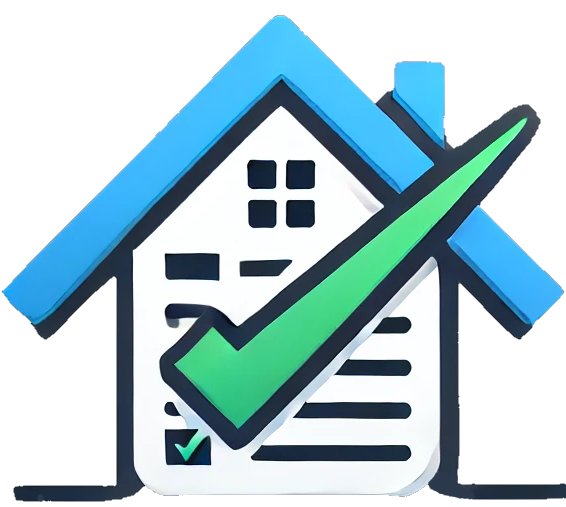Understanding the Tax Appeal Process in Jersey City, New Jersey: A Helpful Guide for Property Owners
Are you a property owner in Jersey City, New Jersey? If so, you might be feeling concerned about your property taxes. Perhaps you believe your property has been assessed at a higher value than it should be. Fortunately, there is a way to challenge that assessment through the tax appeal process. This guide will walk you through the essential steps, important deadlines, and best practices to successfully navigate your tax appeal.
What is the Tax Appeal Process?
The tax appeal process allows property owners to contest the assessed value of their property, which can lead to a reduction in property taxes. Your property’s assessed value directly affects how much you pay in taxes. The process is managed by the Hudson County Board of Taxation and is governed by state laws. If you think your property has been overvalued, acting quickly is crucial.
Recognizing the Pain Points
Many property owners find themselves overwhelmed when they receive a notice of increased assessment. The thought of higher taxes can cause stress and frustration, especially if you believe your property’s value hasn’t changed significantly. The complexity of the appeal process can also be intimidating, leading many to feel they may not succeed. But remember, you are not alone in this, and there are ways to navigate these challenges effectively.
Deadlines You Need to Know
Time is of the essence when it comes to filing your property tax appeal. You have 45 days to file an appeal after receiving a notification of a change in your assessment. If your municipality undergoes a wide revaluation, the deadline to file extends to May 1 of that tax year. If this date falls on a weekend or holiday, you will have until the next business day to file. Missing these deadlines could result in the dismissal of your appeal.
The Tax Appeal Process: Step-by-Step
- Filing the Appeal:
- Start by submitting a petition for appeal to the Hudson County Board of Taxation. Your petition should include:
- A letter requesting a reassessment.
- A comparable analysis form.
- Public tax records of comparable properties.
- A filing fee, which can range from $5 to $150 depending on your property’s assessed value.
- Hearing:
- Once your appeal is filed, a hearing will be scheduled. During the hearing, you’ll present your case to the board. You can represent yourself or choose to hire legal counsel to assist you.
- Contingencies:
- Be aware that if you file your appeal late or have unpaid taxes, your appeal can be dismissed. Also, any submitted evidence will need to be relevant and comparable for your appeal to be considered.
Best Practices for a Successful Appeal
- Gather Evidence: Start collecting information on comparable properties sold before the previous October 1. Look for details such as sale prices, square footage, and property conditions.
- Utilize Official Forms: Make sure to use the correct forms provided by the county and ensure you attach all necessary documents when you file your appeal.
- Prepare for Hearings: If your appeal is contested, come prepared to the hearing with additional evidence or expert witnesses, such as certified appraisers, to strengthen your case.
How to Start Your Appeal
Getting started with your tax appeal is easier than you might think:
- Understand Your Assessment: Review your current property assessment closely and compare it with similar properties in your area.
- Consult Resources: Visit the Hudson County Board of Taxation’s website for detailed guidance on the filing process and required documents.
- File Your Appeal: Complete your appeal form and submit it along with all required documentation by the specified deadlines.
Risks Involved
While the tax appeal process can offer potential tax savings, there are some risks you should consider:
- Dismissal of Appeal: If you file late or do not provide adequate evidence, your appeal can be dismissed.
- Non-Refundable Fees: Keep in mind that filing fees are non-refundable; if your appeal is unsuccessful, you will not get that money back.
- Increased Assessment: In some cases, if a municipality cross-appeals, your assessment could be increased, resulting in even higher taxes.
Take Action Today!
If you’re ready to challenge your property’s assessed value, take these steps:
- Confirm your property’s assessed value and gather all necessary documentation.
- File your appeal promptly with the Hudson County Board of Taxation—remember the deadlines!
- Prepare thoroughly for any hearings by collecting relevant evidence and considering consulting a legal professional if needed.
Navigating the tax appeal process in Jersey City doesn’t have to be daunting. By following this guide, you can better understand your rights as a property owner and take effective action to potentially reduce your property taxes. Don’t wait—start your appeal process today and take control of your property taxes!
By understanding the tax appeal process and following these steps, you can empower yourself as a property owner in Jersey City, New Jersey. If you need assistance or have questions at any stage, don’t hesitate to reach out for help. Your financial well-being is worth it!
